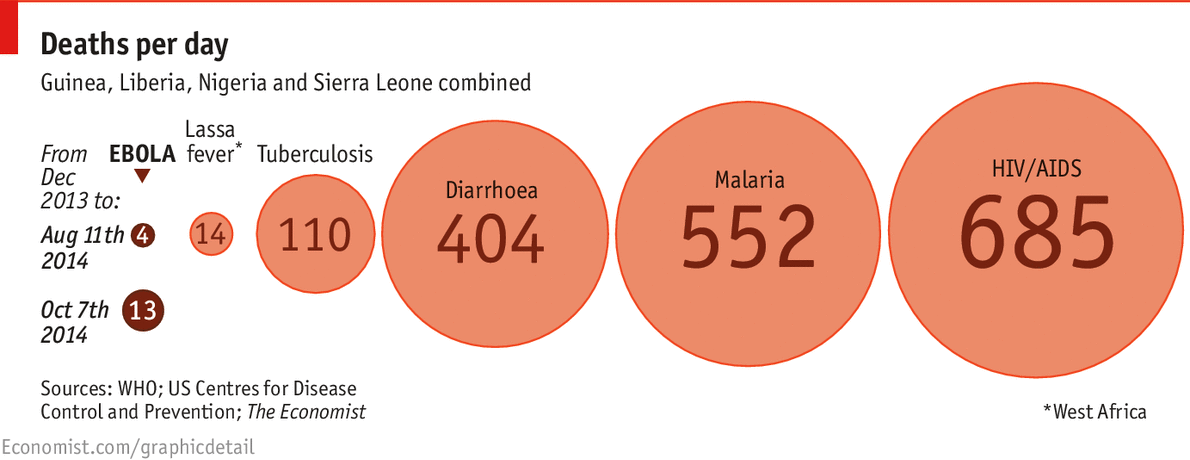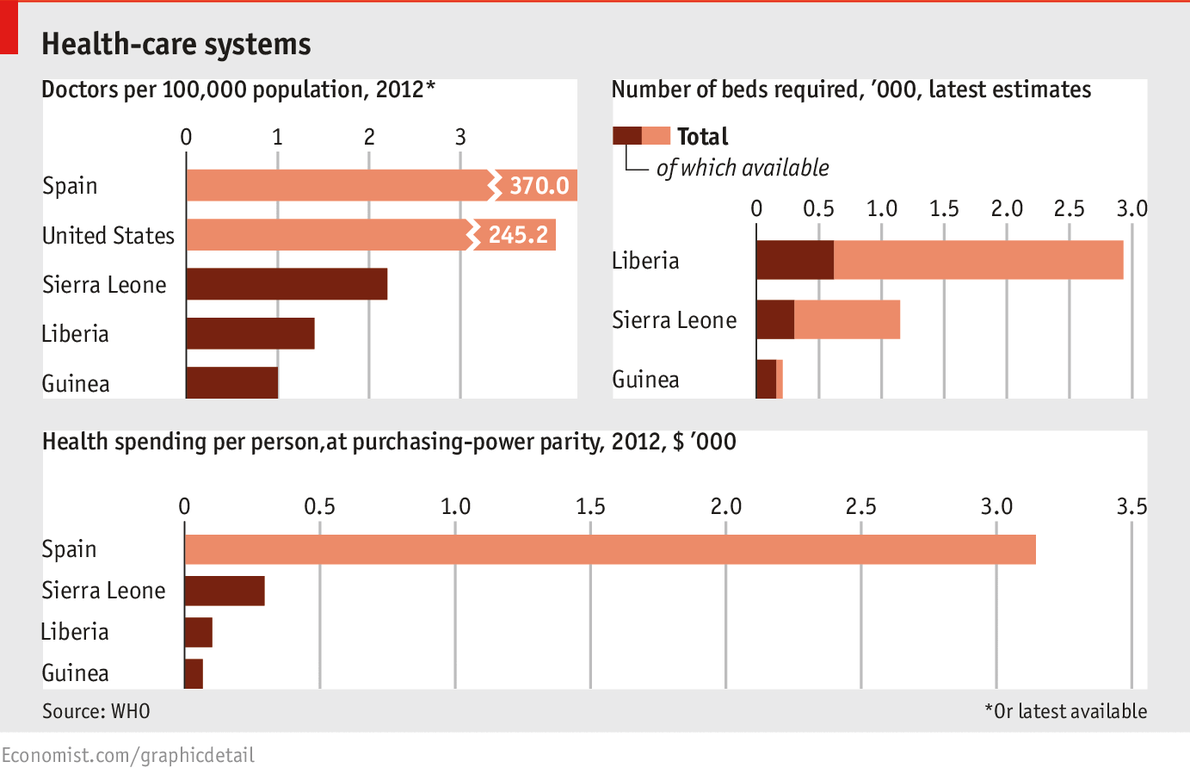Emergency Message for U.S. Citizens: Addis Ababa (Ethiopia), Potential of an Imminent Terrorist Attack in Addis Ababa, Bole Area
Terrorism
Africa > Ethiopia > Addis Ababa
10/14/2014
The U.S. Embassy advises U.S. citizens in Addis Ababa to avoid large crowds and places where both Ethiopians and westerners frequent. The Embassy has received threat reports of al-Shabaab’s intent to target the Bole area. Restaurants, hotels, bars, places of worship, supermarkets, and shopping malls in the Bole Area should be avoided until further notice because they are possible targets for a potential imminent terrorist attack. While the exact location of this planned terrorist attack is not known, U.S. citizens should continue to maintain heightened personal security awareness.
We strongly recommend that U.S. citizens traveling to or residing in Ethiopia enroll in the Department of State's Smart Traveler Enrollment Program (STEP). STEP enrollment gives you the latest security updates, and makes it easier for the U.S. embassy or nearest U.S. consulate to contact you in an emergency. If you don't have Internet access, enroll directly with the nearest U.S. embassy or consulate.
Regularly monitor the State Department's website, where you can find current Travel Warnings, Travel Alerts, and the Worldwide Caution. Read the Country Specific Information for Ethiopia. For additional information, refer to the "Traveler's Checklist" on the State Department's website.
Contact the U.S. embassy or consulate for up-to-date information on travel restrictions. You can also call 1-888-407-4747 toll-free in the United States and Canada or 1-202-501-4444 from other countries. These numbers are available from 8:00 a.m. to 8:00 p.m. Eastern Time, Monday through Friday (except U.S. federal holidays). Follow us onTwitter and Facebook to have travel information at your fingertips.
The U.S. Embassy in Addis Ababa is located at Entoto Street, P.O. Box 1014. The Consular Section of the Embassy may be reached by telephone: +251-111-306-130 or e-mail at consacs@state.gov, and is open Monday-Thursday, 7:30 a.m.-5:00 p.m. For after-hours emergencies, U.S. citizens should call +251-111-306-911 or 011-130-6000 and ask to speak with the duty officer.
Source
Terrorism
Africa > Ethiopia > Addis Ababa
10/14/2014
The U.S. Embassy advises U.S. citizens in Addis Ababa to avoid large crowds and places where both Ethiopians and westerners frequent. The Embassy has received threat reports of al-Shabaab’s intent to target the Bole area. Restaurants, hotels, bars, places of worship, supermarkets, and shopping malls in the Bole Area should be avoided until further notice because they are possible targets for a potential imminent terrorist attack. While the exact location of this planned terrorist attack is not known, U.S. citizens should continue to maintain heightened personal security awareness.
We strongly recommend that U.S. citizens traveling to or residing in Ethiopia enroll in the Department of State's Smart Traveler Enrollment Program (STEP). STEP enrollment gives you the latest security updates, and makes it easier for the U.S. embassy or nearest U.S. consulate to contact you in an emergency. If you don't have Internet access, enroll directly with the nearest U.S. embassy or consulate.
Regularly monitor the State Department's website, where you can find current Travel Warnings, Travel Alerts, and the Worldwide Caution. Read the Country Specific Information for Ethiopia. For additional information, refer to the "Traveler's Checklist" on the State Department's website.
Contact the U.S. embassy or consulate for up-to-date information on travel restrictions. You can also call 1-888-407-4747 toll-free in the United States and Canada or 1-202-501-4444 from other countries. These numbers are available from 8:00 a.m. to 8:00 p.m. Eastern Time, Monday through Friday (except U.S. federal holidays). Follow us onTwitter and Facebook to have travel information at your fingertips.
The U.S. Embassy in Addis Ababa is located at Entoto Street, P.O. Box 1014. The Consular Section of the Embassy may be reached by telephone: +251-111-306-130 or e-mail at consacs@state.gov, and is open Monday-Thursday, 7:30 a.m.-5:00 p.m. For after-hours emergencies, U.S. citizens should call +251-111-306-911 or 011-130-6000 and ask to speak with the duty officer.
Source












I don't think your method of calculating deaths per day from Dec 2013 onwards is a fair comparison. For endemic diseases such as malaria, there will be very little difference between the average long term value and the instantaneous value. For ebola, where deaths are doubling every few weeks, there is of course a very large difference.
We can estimate the instantaneous ebola deaths per day from the figures for Oct 1 and Oct 8 provided by WHO:
deaths per day = (4033-3439)/7 = 85
This is very different from your long term average of 13 per day. Furthermore, ebola is already a significantly bigger killer than malaria in Liberia:
Liberia ebola deaths = 2136
Liberia malaria deaths = 40 deaths per 100k people = 1600 (2010 WHO data)
Although well researched, this article is typical of many in that it fails to capture the real concern about Ebola -- the rapid doubling up of cases and deaths.
See https://sites.google.com/site/ebolagraph/